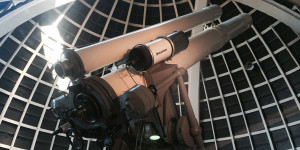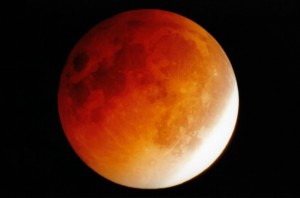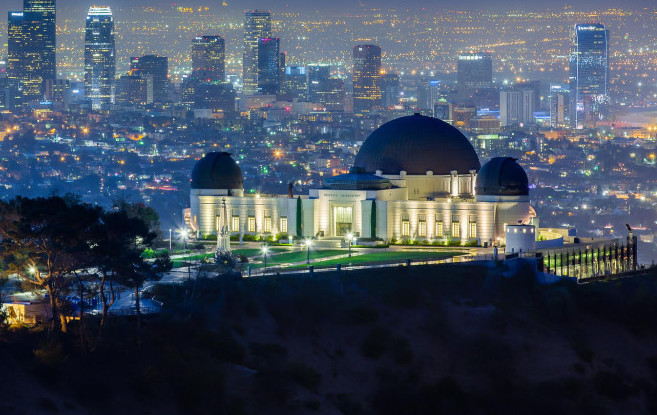GRIFFITH PARK—On Sunday, September 27, Griffith Observatory will be hosting a Star Party for those who want to view the “supermoon” lunar eclipse in style.

Griffith Observatory’s Star Party will begin Sunday at 2 p.m. Telescopes will be set up on the lawn in order for the public to get a better view of the eclipse. Between 6:30 p.m. and 9:45 p.m. pianist Ray Ushikubi will be playing Beethoven’s Sonatas, which will be pulled from the LA Philharmonic’s “Immortal Beethoven” program.
For those looking for a close-up view of this rare moon from home, there will also be live-stream broadcasting of the eclipse through the Zeiss telescope. The Zeiss telescope is an original 12-inch refractory telescope that has been at Griffith Observatory since its opening in 1935.
The eclipse can be viewed from anywhere, but it has been suggested that darker locations will provide a more optimal view of the event. Another place the public can visit in order to view the eclipse UC-Riverside, Parking Lot 30, Section 3 from 7:30 p.m. to 9:30 p.m. Slooh Community Observatory will also be hosting a live-streaming of the event.
What makes this supermoon lunar eclipse event special is the rarity of the occurrence. Lunar eclipses usually occur every few years and are not as noteworthy. The last supermoon lunar eclipse that occurred happened back in 1982.

There are two ways that this eclipse is different from a normal lunar eclipse. It involves the position of the moon at the time. The moon will be experiencing something called a lunar perigee, which is when it will be at the closest point to the Earth during its orbit, causing it to appear quite large, earning its nickname, the supermoon. This lunar perigee coincides with a lunar eclipse. A lunar eclipse occurs when the Earth blocks the Sun’s light from hitting the moon, which can cause the moon to have a red appearance, making it a “blood” moon. In essence, this will give the world a lovely view of a supermoon lunar eclipse, alternately called a super blood moon eclipse.
On Sunday, the moon will rise at 6:45 p.m., enter totality at 7:11 p.m. and the eclipse will conclude around 8:30 p.m. Another supermoon lunar eclipse will not occur again until 2033.






